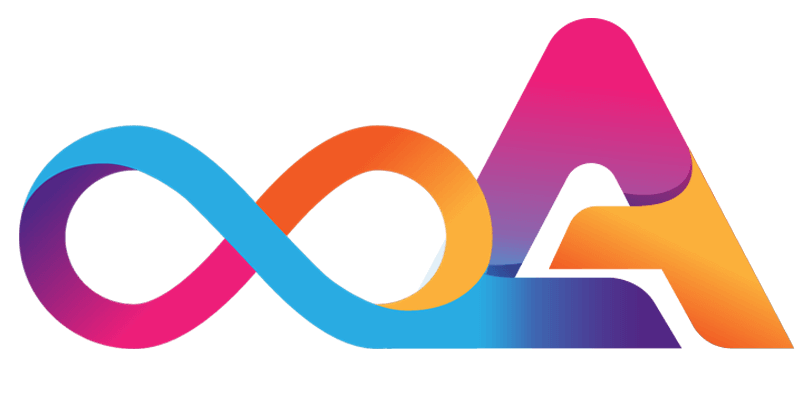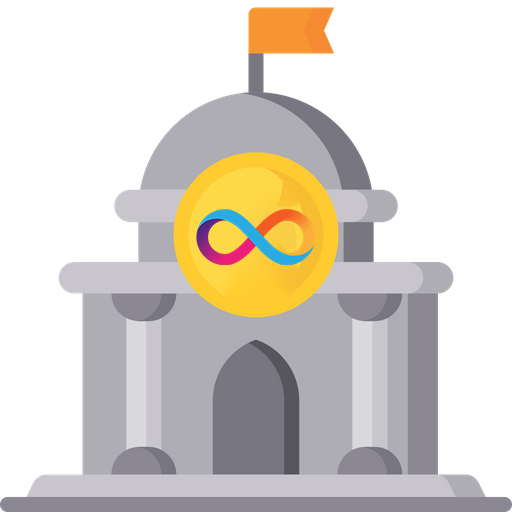Developer Resources
What are Cycles?
Learn more about cycles, the Internet Computer’s computational resource that powers canisters to execute actions on the IC blockchain

Cycles
Computational Resource of the Internet Computer
Introduction to Cycles
The Internet Computer’s canister smart contracts consume different resources when executing. These resources include CPU, bandwidth (for routing), and memory (for persisted data). A canister’s computational cost is expressed in cycles.
Cycles As Metric for Real Costs of Operations
Cycles function as a metric that highlights the actual costs of operations. These costs include:
A canister can only execute if it has enough cycles to pay for its complete execution. Developers can also define a limit on the number of cycles a canister is able to consume. Doing so allows developers to prevent malicious or faulty code which could deplete resources.
How Cycles Work
Developers acquire ICP tokens so that they can convert the tokens to cycles. Once converted, developers can use cycles to pay for their canister’s consumption of resources. A canister’s supply of cycles is reduced with each computational execution.
Properties of Cycles
As mentioned previously, cycles function as computational units that express the costs of computation on the Internet Computer. Here is an overview of the properties of cycles.





